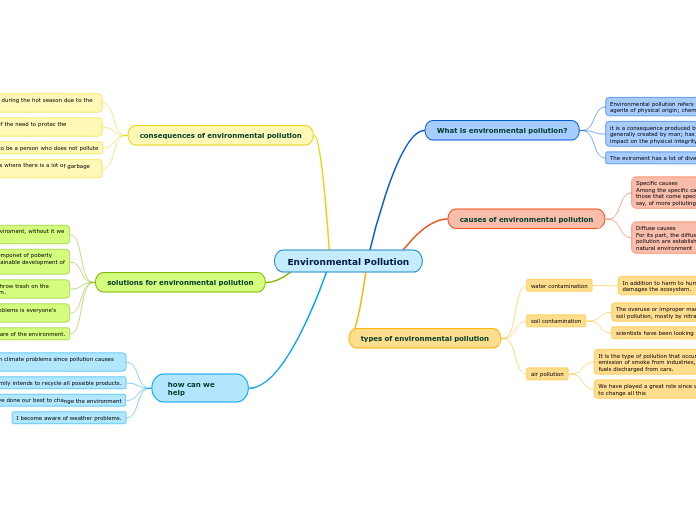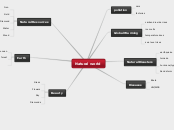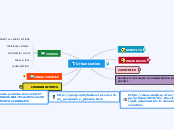por Hannah Yates hace 6 años
208
Dangerous Place Inquiry!
Tokyo faces significant environmental challenges due to its susceptibility to natural disasters, such as earthquakes and tsunamis. These events often result in severe pollution, particularly water and soil contamination from debris and toxic chemicals, which can devastate local ecosystems and lead to the extinction of native species.









